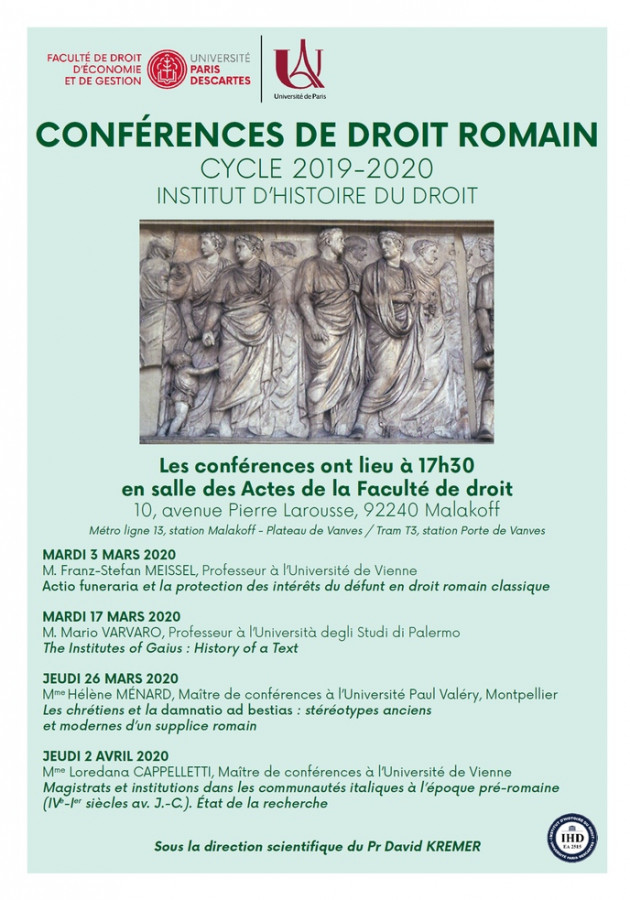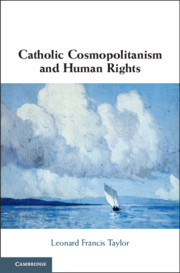(Source: OUP)
Oxford University Press is
publishing a new book on the history of freedoms of press and speech in England
and the United States in the 18th century.
ABOUT THE BOOK
This book discusses the
revolutionary broadening of concepts of freedom of press and freedom of speech
in Great Britain and in America in the late eighteenth century, in the period
that produced state declarations of rights and then the First Amendment and
Fox's Libel Act.
The conventional view of the history of freedoms of press and speech is that the common law since antiquity defined those freedoms narrowly, and that Sir William Blackstone in 1769, and Lord Chief Justice Mansfield in 1770, faithfully summarized the common law in giving a very narrow definition of those freedoms as mere liberty from prior restraint and not liberty from punishment after something was printed or spoken.
This book proposes, to the contrary, that Blackstone carefully selected the narrowest definition that had been suggested in popular essays in the prior seventy years, in order to oppose the growing claims for much broader protections of press and speech. Blackstone misdescribed his summary as an accepted common law definition, which in fact did not exist. A year later, Mansfield inserted a similar definition into the common law for the first time, also misdescribing it as a long-accepted definition, and soon misdescribed the unique rules for prosecuting sedition as having an equally ancient pedigree. Blackstone and Mansfield were not declaring the law as it had long been, but were leading a counter-revolution about the breadth of freedoms of press and speech, and cloaking it as a summary of a narrow common law doctrine that in fact was nonexistent.
That conflict of revolutionary view and counter-revolutionary view continues today. For over a century, a neo-Blackstonian view has been dominant, or at least very influential, among historians. Contrary to those narrow claims, this book concludes that the broad understanding of freedoms of press and speech was the dominant context of the First Amendment and of Fox's Libel Act, and that it enjoyed greater historical support.
The conventional view of the history of freedoms of press and speech is that the common law since antiquity defined those freedoms narrowly, and that Sir William Blackstone in 1769, and Lord Chief Justice Mansfield in 1770, faithfully summarized the common law in giving a very narrow definition of those freedoms as mere liberty from prior restraint and not liberty from punishment after something was printed or spoken.
This book proposes, to the contrary, that Blackstone carefully selected the narrowest definition that had been suggested in popular essays in the prior seventy years, in order to oppose the growing claims for much broader protections of press and speech. Blackstone misdescribed his summary as an accepted common law definition, which in fact did not exist. A year later, Mansfield inserted a similar definition into the common law for the first time, also misdescribing it as a long-accepted definition, and soon misdescribed the unique rules for prosecuting sedition as having an equally ancient pedigree. Blackstone and Mansfield were not declaring the law as it had long been, but were leading a counter-revolution about the breadth of freedoms of press and speech, and cloaking it as a summary of a narrow common law doctrine that in fact was nonexistent.
That conflict of revolutionary view and counter-revolutionary view continues today. For over a century, a neo-Blackstonian view has been dominant, or at least very influential, among historians. Contrary to those narrow claims, this book concludes that the broad understanding of freedoms of press and speech was the dominant context of the First Amendment and of Fox's Libel Act, and that it enjoyed greater historical support.
ABOUT THE AUTHOR
Wendell Bird is the
author of Press and Speech under Assault: The Early Supreme Court
Justices, the Sedition Act of 1798, and the Campaign against Dissent (2016);
and of Criminal Dissent: Prosecutions under the Alien and Sedition Acts
of 1798 (2020). He earned a D.Phil. degree in legal history from
University of Oxford, and a J.D. degree from Yale Law School. He is a Visiting
Scholar at Emory University School of Law.
TABLE OF CONTENTS
List of Illustrations
List of Abbreviations
Introduction
Part I The Devising of Narrow
Liberties of Press and Speech
Chapter 1: Blackstone's and
Mansfield's Narrow Liberties of Press and Speech, and Broad Crimes of Seditious
Libel and Seditious Words: Summaries or Misdescriptions of an Ancient Common
Law?
Chapter 2: The Crimes of
Seditious Libel and Seditious Speech: Weapons for Suppressing Dissent in Britain
and America?
Part II The British Broadening of
Liberties of Press and Speech
Chapter 3: The Emerging Broad
British View of Freedoms of Press and Speech, Before the Colonial Crisis
Chapter 4: The Prevailing British
View of Freedoms of Press and Speech, in the Decade Before the American
Revolution and Declarations of Rights
Chapter 5: The Dominant British
View of Freedoms of Press and Speech, in the Decade Before Fox's Libel Act and
America's Bill of Rights
Part III The American Development
of Broad Rights of Press and Speech
Chapter 6: The Emergence of
Expansive American Views of Freedoms of Press and Speech, Before the Colonial
Crisis
Chapter 7: Reasons for the Spread
of Broad Views of Liberties of Press and Speech in America, During and After
the Colonial Crisis
Chapter 8: The Prevailing Broad
View by the Popular Party of Freedoms of Press and Speech, in the
Prerevolutionary Decade Before the American States' Declarations of Rights
Chapter 9: The Dominant American
View of Freedoms of Press and Speech, in the Decade Leading up to Ratification
of the Federal Bill of Rights
Chapter 10: The Constitutional
Understanding of Freedoms of Press and Speech, and of Seditious Libel, in
Discussions of State and Federal Bills of Rights
Epilogue
More info
here





















